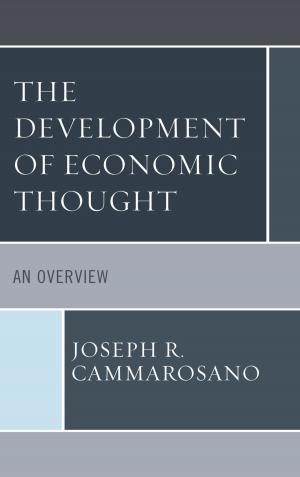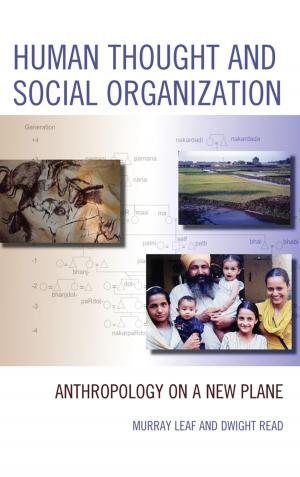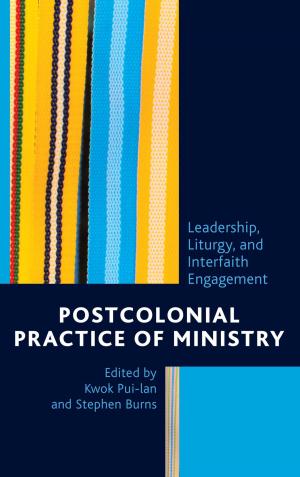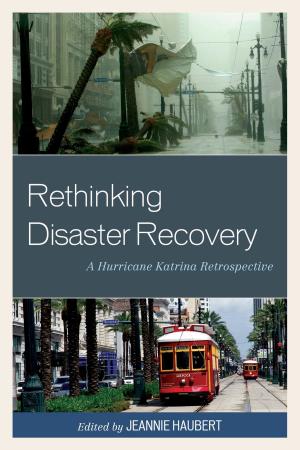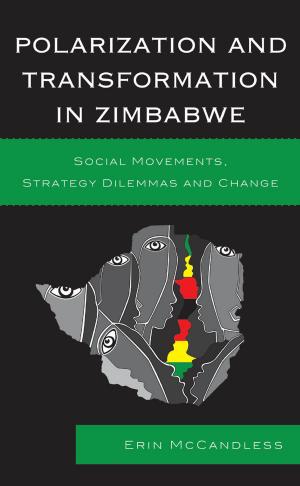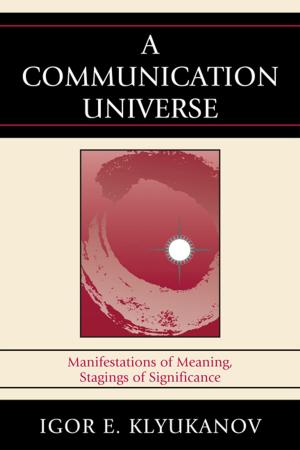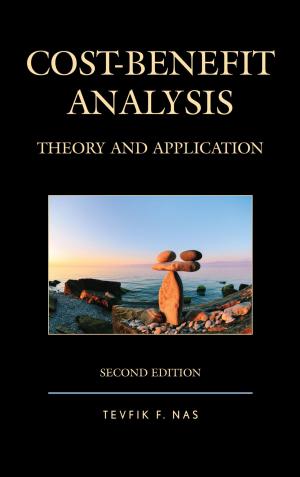Central Asia in the Era of Sovereignty
The Return of Tamerlane?
Nonfiction, History, Asian, Asia, Social & Cultural Studies, Political Science, International, International Relations| Author: | Laura Adams, Svetlana Ancker, Daniel L. Burghart, Yuhao Du, Stacie L. Giles, Roger D. Kangas, Elena Kovalova, Marlene Laruelle, Saltanat Liebert, Erica Marat, Mariya Y. Omelicheva, Sebastien Peyrouse, Timothy Rowe, Theresa Sabonis-Helf, Dena Sholk, Sophia Srinivasan, Måns Svensson, Robert Timm, Rustamjon Urinboyev, Vivian Walker, Richard Wheeler | ISBN: | 9781498572675 |
| Publisher: | Lexington Books | Publication: | March 16, 2018 |
| Imprint: | Lexington Books | Language: | English |
| Author: | Laura Adams, Svetlana Ancker, Daniel L. Burghart, Yuhao Du, Stacie L. Giles, Roger D. Kangas, Elena Kovalova, Marlene Laruelle, Saltanat Liebert, Erica Marat, Mariya Y. Omelicheva, Sebastien Peyrouse, Timothy Rowe, Theresa Sabonis-Helf, Dena Sholk, Sophia Srinivasan, Måns Svensson, Robert Timm, Rustamjon Urinboyev, Vivian Walker, Richard Wheeler |
| ISBN: | 9781498572675 |
| Publisher: | Lexington Books |
| Publication: | March 16, 2018 |
| Imprint: | Lexington Books |
| Language: | English |
After twenty-five years of independence, there is little doubt that the five Central Asian states will persist as sovereign, independent states. They increasingly differ from each other, and are making their way in global politics. No longer connected only to Russia, they are now connected in important ways to Afghanistan, South Asia, China, Iran, and each other. This volume covers a wide range of issues and presents the work of emerging scholars authors well-known for their expertise in the region. The first part addresses social issues. Covering a wide range from HIV/AIDs to social media, the rebirth of Islam, outmigration, and problematic borders, this section follows two main currents: political development in the region and states’ responses to transboundary challenges. The second part, addressing economics and security, provides analyses of new infrastructure, informal economies (from bazaars to criminal networks), energy development, the role of enclaves in the Ferghana Valley, and the development of the states’ military structures. This section illuminates the interactions between economic developments and security, and the forces that could undermine both. The final part, comprised of five case studies, offers a “deeper dive” into a specific factor that matters in the development of each Central Asian state. These cases include Kazakhstan’s foreign policy identity, Kyrgyzstan’s domestic politics, Tajikistan’s pursuit of hydropower, foreign direct investment in Turkmenistan, and the perception of everyday corruption in Uzbekistan.
After twenty-five years of independence, there is little doubt that the five Central Asian states will persist as sovereign, independent states. They increasingly differ from each other, and are making their way in global politics. No longer connected only to Russia, they are now connected in important ways to Afghanistan, South Asia, China, Iran, and each other. This volume covers a wide range of issues and presents the work of emerging scholars authors well-known for their expertise in the region. The first part addresses social issues. Covering a wide range from HIV/AIDs to social media, the rebirth of Islam, outmigration, and problematic borders, this section follows two main currents: political development in the region and states’ responses to transboundary challenges. The second part, addressing economics and security, provides analyses of new infrastructure, informal economies (from bazaars to criminal networks), energy development, the role of enclaves in the Ferghana Valley, and the development of the states’ military structures. This section illuminates the interactions between economic developments and security, and the forces that could undermine both. The final part, comprised of five case studies, offers a “deeper dive” into a specific factor that matters in the development of each Central Asian state. These cases include Kazakhstan’s foreign policy identity, Kyrgyzstan’s domestic politics, Tajikistan’s pursuit of hydropower, foreign direct investment in Turkmenistan, and the perception of everyday corruption in Uzbekistan.




